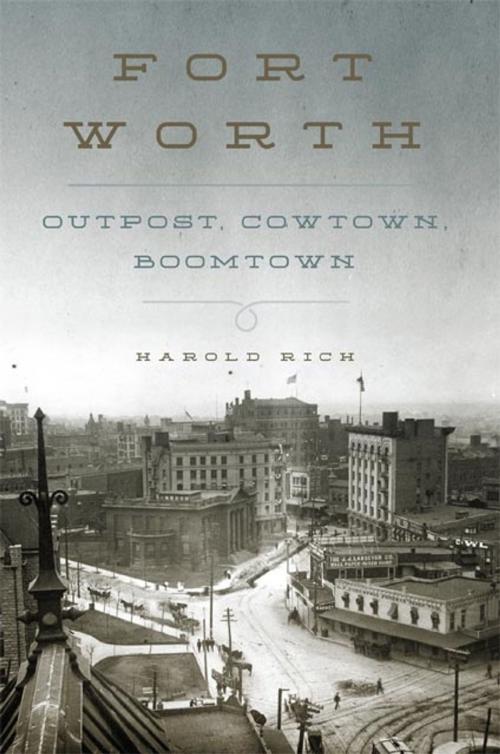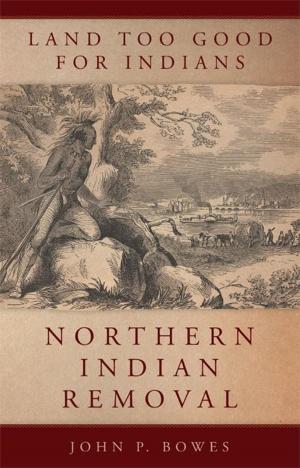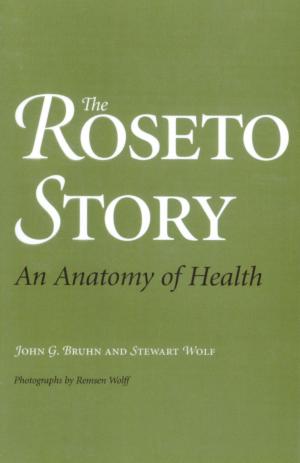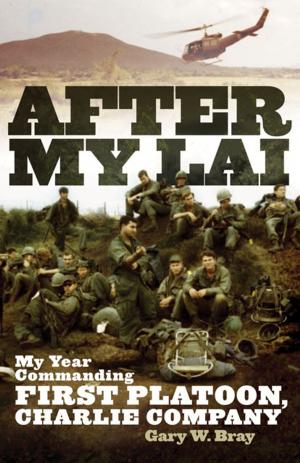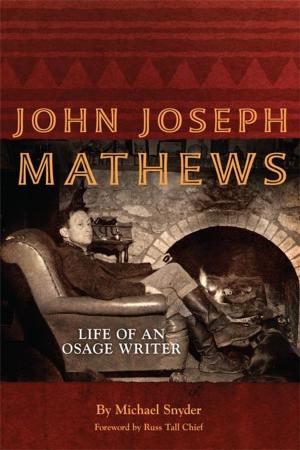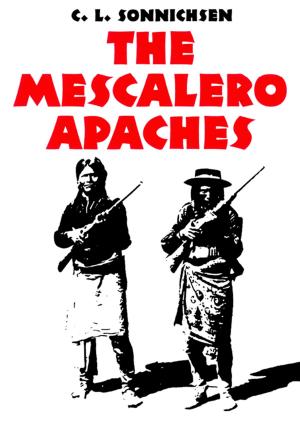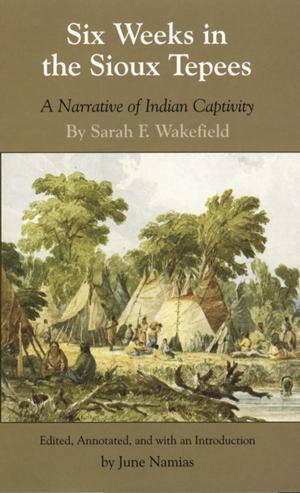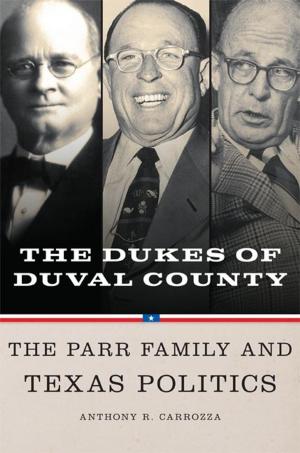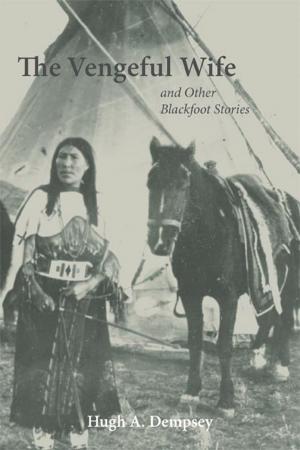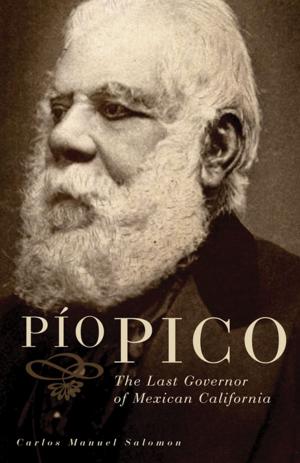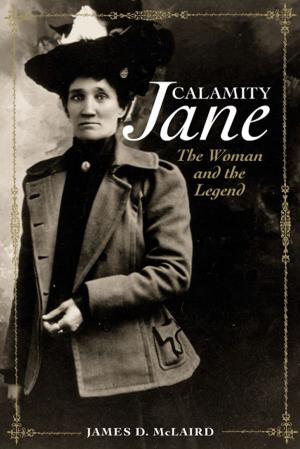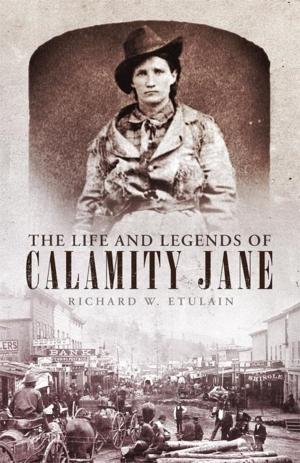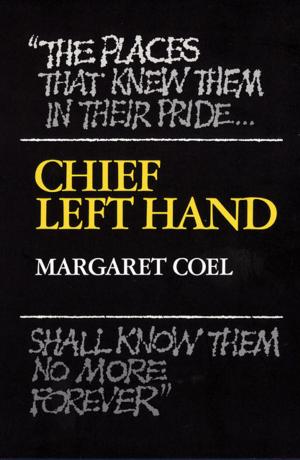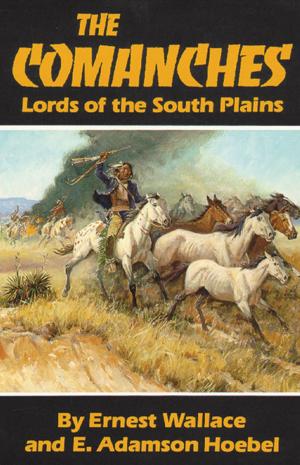| Author: | Harold Rich | ISBN: | 9780806147185 |
| Publisher: | University of Oklahoma Press | Publication: | September 29, 2014 |
| Imprint: | University of Oklahoma Press | Language: | English |
| Author: | Harold Rich |
| ISBN: | 9780806147185 |
| Publisher: | University of Oklahoma Press |
| Publication: | September 29, 2014 |
| Imprint: | University of Oklahoma Press |
| Language: | English |
From its beginnings as an army camp in the 1840s, Fort Worth has come to be one of Texas’s—and the nation’s—largest cities, a thriving center of culture and commerce. But along the way, the city’s future, let alone its present prosperity, was anything but certain. Fort Worth tells the story of how this landlocked outpost on the arid plains of Texas made and remade itself in its early years, setting a pattern of boom-and-bust progress that would see the city through to the twenty-first century.
Harold Rich takes up the story in 1880, when Fort Worth found itself in the crosshairs of history as the cattle drives that had been such an economic boon became a thing of the past. He explores the hard-fought struggle that followed—with its many stops, failures, missteps, and successes—beginning with a single-minded commitment to attracting railroads. Rail access spurred the growth of a modern municipal infrastructure, from paved streets and streetcars to waterworks, and made Fort Worth the transportation hub of the Southwest. Although the Panic of 1893 marked another setback, the arrival of Armour and Swift in 1903 turned the city’s fortunes once again by expanding its cattle-based economy to include meatpacking.
With a rich array of data, Fort Worth documents the changes wrought upon Fort Worth’s economy in succeeding years by packinghouses and military bases, the discovery of oil and the growth of a notorious vice district, Hell’s Half Acre. Throughout, Rich notes the social trends woven inextricably into this economic history and details the machinations of municipal politics and personalities that give the story of Fort Worth its unique character. The first thoroughly researched economic history of the city’s early years in more than five decades, this book will be an invaluable resource for anyone interested in Fort Worth, urban history and municipal development, or the history of Texas and the West.
From its beginnings as an army camp in the 1840s, Fort Worth has come to be one of Texas’s—and the nation’s—largest cities, a thriving center of culture and commerce. But along the way, the city’s future, let alone its present prosperity, was anything but certain. Fort Worth tells the story of how this landlocked outpost on the arid plains of Texas made and remade itself in its early years, setting a pattern of boom-and-bust progress that would see the city through to the twenty-first century.
Harold Rich takes up the story in 1880, when Fort Worth found itself in the crosshairs of history as the cattle drives that had been such an economic boon became a thing of the past. He explores the hard-fought struggle that followed—with its many stops, failures, missteps, and successes—beginning with a single-minded commitment to attracting railroads. Rail access spurred the growth of a modern municipal infrastructure, from paved streets and streetcars to waterworks, and made Fort Worth the transportation hub of the Southwest. Although the Panic of 1893 marked another setback, the arrival of Armour and Swift in 1903 turned the city’s fortunes once again by expanding its cattle-based economy to include meatpacking.
With a rich array of data, Fort Worth documents the changes wrought upon Fort Worth’s economy in succeeding years by packinghouses and military bases, the discovery of oil and the growth of a notorious vice district, Hell’s Half Acre. Throughout, Rich notes the social trends woven inextricably into this economic history and details the machinations of municipal politics and personalities that give the story of Fort Worth its unique character. The first thoroughly researched economic history of the city’s early years in more than five decades, this book will be an invaluable resource for anyone interested in Fort Worth, urban history and municipal development, or the history of Texas and the West.
